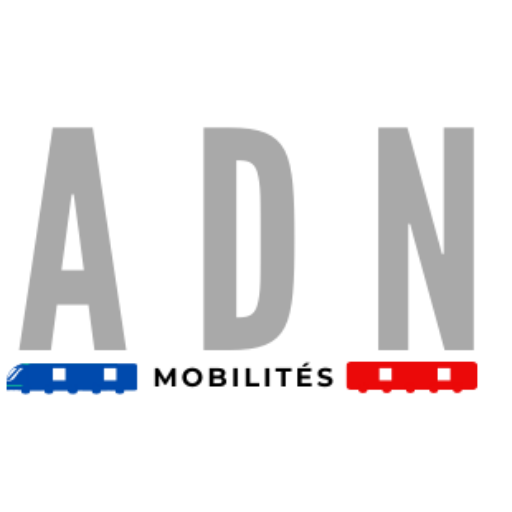ADN Mobilité – Association de Défense des plateforme du Numérique de la Mobilité – aims at promoting fair competition in rail ticketing in France and Europe. We are an alliance of digital ticketing platforms striving to achieve a diverse and complex rail ecosystem through clear and enforceable passenger rights, fair commercial conditions for all market participants and a digital market that works for everyone.
Innovative third-party ticketing systems are essential to achieving a more interconnected, sustainable and efficient European mobility. Our industry supports the shift away from private polluting cars, bringing sustainable transport within reach for more people. Nowhere are these benefits more visible than in rail.
Rail is crucial to achieving Europe’s objectives, but still requires targeted policy support to
increase competition and foster innovation. Competition is one of the most effective ways
to grow this important market through a rich and diverse offer, more attractive prices, and
better international links across Europe, for the benefit of European consumers. Digital
ticketing platforms, like those that make up ADN Mobilitiés, have the potential to be the
keystone of the European rail sector, allowing travelers to more easily create and combine
routes to meet their needs.
To grow, our industry requires fair commercial conditions for all players, better access to
data and more transparency for passengers. Until these conditions are fully realized,
European rail risks remaining fragmented and unable to meet its full potential. This is why we
encourage the next European Commission and European Parliament to focus on the following
areas:
- Clear and enforceable passenger rights
Independent ticket vendors exist to help customers throughout their journey, but opaque
contractual terms and lines of communication with operators often limit how far we can go. Uncertainty over the application of the rules by operators, missing information, and an
unclear chain of responsibilities can result in passengers not receiving the best support. The legislative framework for passenger rights should be completed, with particular attention on journey continuation, multi-modal travel, emissions information and the ability for third party vendors to process compensation and reimbursement requests. The EU should enforce regulations decisively, so that everyone is enabled to do their part in supporting passengers. - Fair commercial conditions for all market participants
The EU should introduce legislation that allows independent vendors to compete fairly in a
market dominated by incumbent transport operators. Any proposal should include an
obligation for dominant operators to negotiate with independent vendors based on fair,
reasonable and discriminatory conditions (FRAND), especially around remuneration. Full
access to all relevant data – including all fares and features – must also become the standard across the EU. Together, these two interventions would remove the largest obstacles independent vendors are facing. - A digital market that works for everyone
We operate in the digital market alongside large platforms that, without proper guardrails, can gatekeep access to customers, increase the cost of doing business, and dramatically limit consumer choice. The EU should continue its trailblazing work to ensure dominant online players are not able to insulate themselves from competitive pressures or pose existential threats to smaller businesses by enforcing the Digital Markets Act and monitoring potential areas of friction. - A competitive European market for rail
Everyone stands to gain from a more vibrant, diverse and competitive rail sector. The EU
should continue the important work started with the 4th railway package and support a more diverse European market for rail. EU policies and regulatory intervention should encourage the emergence of challenger operators in countries that have yet to fully embrace liberalization. The European Single Market for rail should be completed, encouraging the creation of new cross-border routes, including night trains. Rail should also be allowed to compete fairly with other transport modes, ensuring parity in areas like taxation. - More investment in rail infrastructure
The shift to rail is only possible if there are enough trains and enough tracks to respond to
growing demand. Public budgets and operators’ own financing capabilities do not seem
sufficient to reach Europe’s ambitious Green Deal targets. The EU has a key role to play in
supporting investment in the infrastructure and rolling stock that underpin the rail market.
Matthieu Marquenet, President of ADN Mobilités.
“We are ready to do our part in delivering better services for passengers and bringing
economic value to the entire transport ecosystem, which will significantly contribute to
achieving fundamental European objectives of the shift to rail”
Dr Alexander Ernert, Secretary General of ADN Mobilités
“Independent ticket vendors are essential to create a Single Market in the EU for
transportation by train. With a handful of targeted interventions, the EU can allow our
industry to grow and realize its full potential”

Leave a Reply